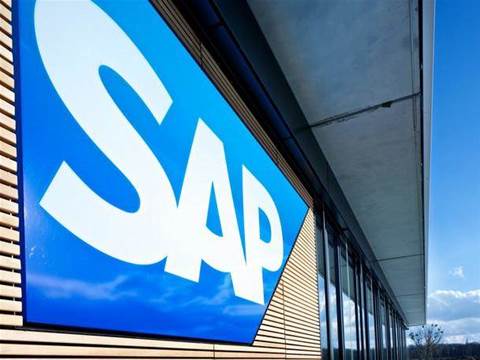Rimini Street has announced it will provide full support coverage for all SAP Enterprise Resource Planning Central Component (ECC) 6.0 and S/4HANA releases through 2040.
This, the company says, eliminates the need for clients to migrate to the S/4HANA ERP on the cloud-based RISE to maintain support.
The third-party support provider's announcement addresses potential concerns from organisations about SAP's end-of-mainstream maintenance deadlines and potentially costly migration projects - longtime factors in Rimini Street's pitch.
SAP's mainstream maintenance for ECC 6.0 is scheduled to end by 2027, with earlier end dates of December 31, 2025 for those using enhancement packs 0-5.
Several S/4HANA releases have already ended mainstream maintenance or will conclude support in 2025, 2026, or 2027 depending on the version.
Rimini Street said it supports hundreds of SAP ECC 6.0 and S/4HANA clients.
The extended support commitment applies to both current and new clients seeking to maximise return on investment from existing SAP software whilst avoiding migration costs and risks.
"The problem today is that many organisations aren’t migrating to the latest ERP versions because they lack the resources, time, or clarity around their long-term ERP strategy," claimed Joe Locandro, Rimini Street's chief information officer.
"At the same time, budgets remain tight, and there’s still pressure on CIOs to innovate," he added.
"Even if SAP was to extend its own support to 2030, businesses are still being asked to commit to a future ERP model that may be entirely different."
"We predict the future of ERP will forever be changed in the next five to ten years, with ERP software replaced by new, faster and more flexible agentic ERP processes," Joe Locandro, Rimini Street.
"That uncertainty creates significant risk for CIOs when it comes to investment planning," he said.
Locandro argued that by extending support for all SAP ECC 6.0 and S/4HANA releases through 2040, Rimini Street offers a compelling alternative.
"We enable organisations to maintain existing systems without vendor lock-in, and redirecting funds typically spent on maintenance towards meaningful innovation," Locandro said.
"And if the future of ERP does become agentic, those who’ve taken this path will already be more agile and better positioned than those tied to a potentially monolithic ERP solution," he added.
The company positions its support model as an alternative to what it characterises as unnecessary and low-value migrations compared to investments in enterprise artificial intelligence and workflow automation technologies.
Its pitch is that clients can avoid vendor-mandated upgrade cycles whilst preserving competitive differentiation through existing customised processes.
“Pivotal period” for partners
Peter Barta, executive advisor for Australian ICT and digital advisory company IBRS, described Rimini Street’s announcement to extend support as significant.
Like Rimini Street, he predicted many SAP customers may avoid migrating to S/4HANA on RISE as a strategic move.
This would allow them to “monitor the rapid evolution of ERP technology, assess and potentially adopt more innovative, flexible, and cost-effective alternatives, avoid vendor lock-in, and align ERP investments with future business and digital transformation needs.”
Australian SAP technology service providers face a “pivotal period”, according to Barta.
He noted intense competition amongst other third-party support providers, as well as large consulting and managed services firms that offer similar services with different strengths and market focuses.
“While skills shortages and project delays pose real risks, the coming years present them with major growth opportunities as the S/4HANA and cloud transformation wave accelerates,” Barta told techpartner.news.
In Barta’s view, partners’ success would not only depend on price, but on their ability to “scale delivery profitably, attract and retain sufficient technology and leadership talent, embrace evolving technologies, and differentiate through innovations that include Australian-relevant industry focus.”
He said customers should ensure “strategic optionality”, guard against service provider performance risk in an increasingly overheated SAP market, and secure “substantive convenience options” in their long-term technology services contracts.




.png&h=142&w=230&c=1&s=1)
_(21).jpg&h=142&w=230&c=1&s=1)

_(27).jpg&h=142&w=230&c=1&s=1)





.jpg&w=100&c=1&s=0)











